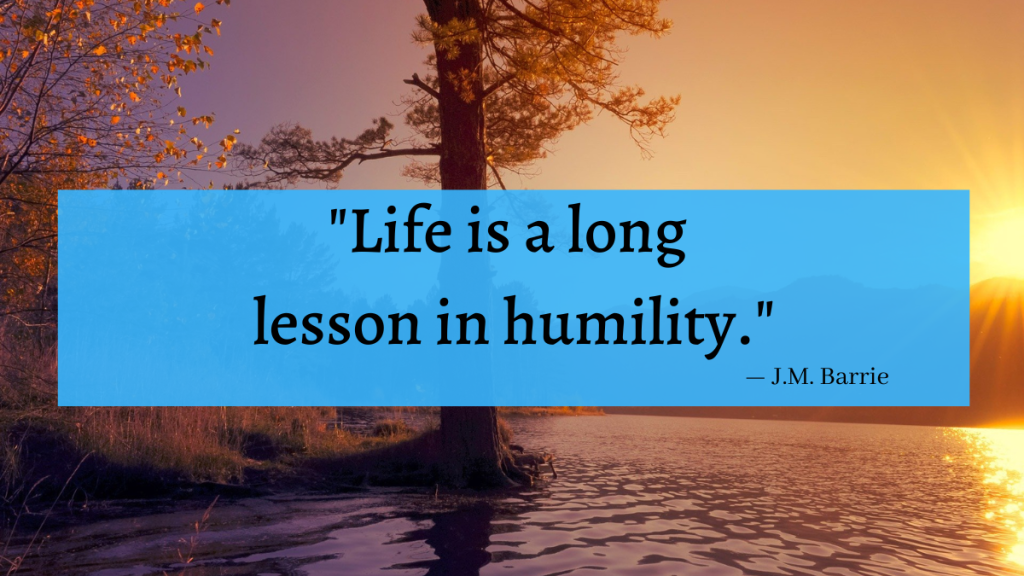Earlier this week, I investigated why people (myself included) downplay their accomplishments. There was a lot I learned from writing the post, but the most important thing was this: people don’t do things for no reason. There is something behind the way we are, even if we can’t see it or understand it. I don’t always know why I do the things I do, but that’s okay. That doesn’t mean I can’t work toward my goals, toward things I’ve dreamed about. But it’s not easy. What can be challenging is acknowledging where our mental health is at – and how we can continue to strive for more.
One of the things I love most about people is the variety of the hopes and dreams we have. Our goals are as unique as we are; the road to success for one person can look entirely different from someone else. Not only do we have different goals, but we also have different ideas about how we can meet those goals. A natural approach for me could be a completely foreign idea to someone else, and vice versa.
If you’re reading this and thinking that I’m stating the obvious, and you may be right. But when people talk about achievements and accomplishments, we don’t always include context. You and I might have the same end goal, but getting there could look different for each of us. And not only is that okay, but it’s a necessary reminder if we want to maintain mental wellness.
When we fall short of our goals, it’s natural to feel dejected and down on ourselves. An added challenge, I’ve learned over the years, is the non-stop comparing I do when I feel like this. I compare my situation to other situations, I compare myself to other people. Sometimes I don’t even compare my situation to one that’s similar. The only difference is that someone succeeded and I failed. Logic goes out the window, and hurt feelings are the only thing left. But when we fail to recognize these things, we legitimize them. We build a flawed thought process that is damaging to our self-esteem, and that can grow over time.
Sometimes doing things in life can feel like a lose-lose situation. We’re frustrated when we can’t accomplish things, and dissatisfied when we do. Everything is too good for us but at the same time, nothing is ever good enough. We have an instinct to compare ourselves to the world around us. These comparisons can cost us our mental health and wellness.
But knowing this instinct and understanding this conflict matters. So much of my experience with mental health is retroactive. I can recognize things that I’ve done or experienced and notice patterns, but it’s all in the past. Knowing what’s going on in my brain in real-time feels like an impossible task, but it’s one I’m improving on every day.
In order to balance my accomplishments with my mental wellness, I need to be present with myself. I need to recognize what’s going on with my thoughts and feelings, and how that impacts me in the moment. And I’m not able to do that in every moment, but I can do it more than I used to. In a world where this was a foreign concept to me when my depression was as bad as ever, I call that progress. And at this point in my mental health journey, that’s good enough for me.
